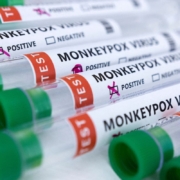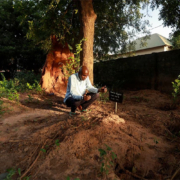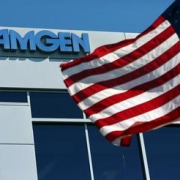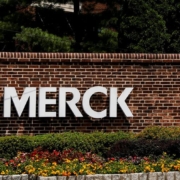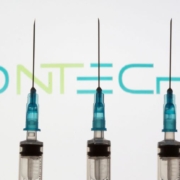Lyell reports patient death in early-stage CAR-T trial, shows otherwise strong response rate
Lyell reports patient death in early-stage CAR-T trial, shows otherwise strong response rate
Published: Jun 26, 2024
By Tristan Manalac
BioSpace
Lyell Immunopharma on Wednesday unveiled initial Phase I data for its investigational CAR-T therapy LYL797, touting promising response rates marred by safety concerns including one patient death.
One patient died after developing grade 5 respiratory failure on day 41, though it’s not clear whether the fatality has been definitively linked to the study treatment, according to the company.
The early-stage readout comes from 20 patients, 16 of whom had triple-negative breast cancer (TNBC) while the remaining four had non-small cell lung cancer (NSCLC). All patients had relapsed or refractory metastatic disease and had undergone an average of six prior lines of therapy.
Adverse events were common, with more than 60% of patients developing cytokine release syndrome of any grade, though most cases were mild in severity. Pneumonitis—inflammation in the lung tissues in the absence of an infection—was also prevalent, arising in 22% of patients.
Pneumonitis was also the most frequently documented toxicity grade 3 or higher in severity, though these medically significant cases were observed only in TNBC patients with lung metastases. All patients are now undergoing prophylactic dexamethasone therapy to address pneumonitis.
Despite these toxicities, Lyell struck an optimistic tone about LYL797’s safety profile emphasizing that there were “no dose-limiting toxicities … in patients without lung involvement.” The company also noted that there were no cases of immune effector cell-associated neurotoxicity syndrome attributable to the investigation CAR-T therapy.
Lyell CSO David Spigel in a statement focused on the cases of pneumonitis, which he said “is a known complication of radiotherapy and several approved cancer therapies” such as immune checkpoint blockers and antibody-drug conjugates. The biotech has put in place a steroid protocol “that I believe will enable to successfully monitor and manage these events,” according to Spigel.
LYL797 is a CAR-T therapeutic candidate that targets the ROR1 protein, which plays a central role in cell migration and survival. ROR1 is often overly expressed in common cancers and is a marker of poor prognosis. Lyell has enhanced LYL797 through its anti-exhaustion genetic and epigenetic reprogramming technologies, which are designed to boost the activity and efficacy of the CAR-T therapy.
While the Phase I study flagged several safety concerns with LYL797, it has also established a promising efficacy profile for the CAR-T candidate. In TNBC patients treated at the 150 x 106 cell dose level, the objective response rate was 40% while the clinical benefit rate (CBR), defined as having a best response of stable disease, partial response or complete response, was 60%. Across all doses, LYL797 had a CBR of 38%.
Lyell is moving forward with LYL797’s clinical development, exploring a higher 300 x 106 cell dose level in patients without lung involvement. Those with lung metastases are being treated by a 75 x 106 cell dose of LYL797.
Source: BioSpace

